Beliefs
We believe the Bible to be the inspired, infallible Word of God.
We believe that there is one God, eternally existent in three Persons: Father, Son, and Holy Spirit.
We believe in the deity of Christ, in His virgin birth, in His sinless life, in His miracles, in His vicarious and atoning death through His shed blood, in His bodily resurrection, in His ascension to the right hand of the Father, and in His personal return in power and glory.
We believe that for the salvation of lost and sinful man, regeneration by the Holy Spirit is absolutely essential.
We believe in the present ministry of the Holy Spirit, by whose indwelling the Christian is enabled to live a godly life.
We believe in the resurrection of both the saved and the lost—those who are saved unto the resurrection of life and those who are lost unto the resurrection of damnation. We believe in the spiritual unity of believers in Christ.
Redeemer holds to the Creeds of the Great Tradition: The Apostles’ Creed, The Nicene Creed, The Chalcedonian Creed, and The Athanasian Creed.
A more exhaustive statement of beliefs can be found in Redeemer’s founding principles stated in the church bylaws (available upon request) and the beliefs also found in the 39 Articles of Religion, originally written in the 16th Century during the English Reformation, which was the historic movement of the formation of the Protestant church.
Creeds and historic faith documents are available upon request.
Guiding Principles
In accordance with Scriptural teaching, Christ the Redeemer Church of Marietta will proclaim the following truths:
1. The Bible is the inerrant Word of God and stands as the ultimate source of knowledge of God's truths for the Church. The Bible alone is the standard. The Bible, uniquely and fully inspired by the Holy Spirit, is the supreme and final authority on all matters on which it speaks.
2. The essentials of the Christian faith are: the sinfulness of man; justification by grace alone, through faith alone, in Christ’s finished work alone; Jesus as “son of man” and “son of God” (the deity of Christ); a Trinitarian belief in God in three Persons: Father, Son, and Holy Spirit; the substitutionary and atoning death of Christ; the resurrection and ascension of Christ. These essentials and others are captured in the Thirty Nine Articles as established by the Bishops, the Clergy, and the Laity of the Protestant Episcopal Church in the United States of America, in Convention, on September 12, 1801, which we believe[1].
3. We understand the Gospel to be the Good News that we can be made right with God through the imputation of our sins to Christ and his righteousness to us, so God’s justice is satisfied and we are beloved in his sight.
4. The unconditionality of God’s love to those who are in Christ, known in the indicatives of the New Testament, gives a person peace, security, and births a desire for godliness. We teach the imperatives of the New Testament (what scripture demands of us) in the context of the indicatives of the New Testament (what God has done for us).
5. God is sovereign over all things, even when we do not understand circumstances and events.
6. We adhere to Paul’s doctrine of Christ, which states that Christ is preeminent. There is nothing that I can do to add to the complete work of what Christ has done. (Philippians 2:6-11; Colossians 1:15-20.)
7. We believe the Gospel is for non-Christians and Christians alike. Heart change happens when the Gospel reaches us at our deepest point of need. The Gospel is something we grow deeper into and never beyond. We need to hear the Gospel preached from every text of the Bible because we need to be reminded of who we are “in Christ” every week.
8. Grace does not motivate our spiritual growth, it animates our spiritual growth. Grace is the power of God: "When I am weak, He is strong..." 2 Corinthians 12:9-10.
9. Sin is the unbelief that in Christ, I have everything I need--love, acceptance, worth, value, security. Sinning is acting out of that unbelief and results in slavery due to self-reliance and self-dependence. Jesus came to set the captives free (Luke 4:18.)
10. The message to be proclaimed is the freeing power of God's grace, or one-way love. If anything else becomes the focus, then God’s grace has lost it’s grip on our hearts. There will always be stylistic practices of the church that offend personal preferences, for example worship styles, spiritual traditions, political views, celebration of holidays, to name a few. To become focused on these stylistic preferences is to shift our focus away from Christ and back to ourselves. Shifting to ourselves is unacceptable and an offense to the preaching of the Gospel.
11. We are a church that is staff-led, elder-governed, and above all, Christ-centered.
[1] Excluding the phrase “and Grace increased by virtue of prayer unto God. The Baptism of young Children is in any wise to be retained in the Church, as most agreeable with the institution of Christ” in the Twenty-Seventh Article.
Denomination
Redeemer is not a part of any particular denomination. We are elder governed and staff operated. The senior pastor is mentored and held accountable by a board of ministers from other churches. In addition, an outside council of three to five ministers exists to help resolve issues which the church and Elder Council are unable to resolve.

